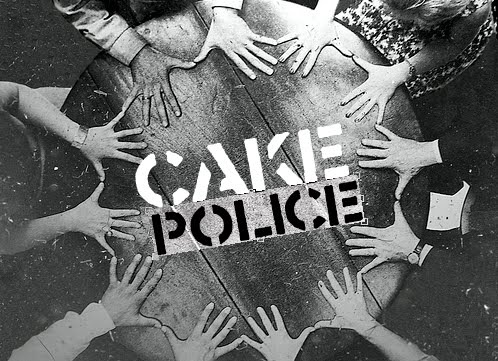"We live in an economic period which is widening the class gap between rich and poor, and cutting out the middle. From this reasoning, if a kid in Silicon Valley with a $3,000 silver laptop has the privilege from his Palo Alto technical education allowing him to figure out how to go on ZTorrent (a file exchange program), and download away to his hearts content -- without paying Owl City for Fireflies, or a Mad Men episode, or for the $1,000 Final Cut Pro Suite -- the act of the file showing up on his hard drive speaks more of his societal privilege than of his moral ethics.
"In contrast, a large portion of my student body at Wayne State University graduated from Detroit Public Schools and have no concept of how to go about downloading files illegally. Why should an underprivileged student in one of my Detroit classes say she is going to spend $4.50 to go rent a video for my course? She is being blatantly penalized for her lack of a technical education provided by her schools, peer group, and larger community. Her life does not need another penalty."
"Perhaps it is a good idea to have the music industry give some power back to the people. I think the working class, not the most privileged, need a vitamin B12 shot of support. As of the January 2010 U.S. Supreme Court ruling, corporations can now provide endless funding to political candidates and now more significantly than ever alter the influence of the individual citizen in the democracy. If that's the case, I am going to make the assumption that corporations have more than enough clout in my society.
"Author and media critic Douglas Rushkoff argues in his book, Life, Inc., that, in fact, corporations trump humans in all kinds of ways. They don't die. They don't get sick. They can wait out a new political election to get officials (who they can legally buy off now) into office to amend legislation to fit their needs and bottom lines. Nearly always the changes corporations make to society take power and control away from average citizens for the end goal of providing a higher rate of return for the company shareholders.
"Case and point: the RIAA in 2008 convinced Tennessee Governor Phil Bredesen to sign a bill (SB 3794) into law which requires colleges in his state to exercise appropriate means to ensure that computers on campuses are not being abused for distributing copyrighted material. Although the 2008 legislation looked to be the start of something big, IFPI released its report on digital music as of 2009. The report says that despite initiatives by the music industry, 95% of music downloads continue to be illegal. This is one of the rare cases in society where the masses are winning against the corporate elite."

Although I got lost in the first paragraph, the rest is pretty spot on. I hate when people characterize downloading as people vs. artist. Unless you're in the Red Hot Chilli Peppers and too ignorant to know better, artists and listeners benefit from illegal downloading, its essentially the exposure of a label without going tens of thousands of dollars into debt.
ReplyDelete